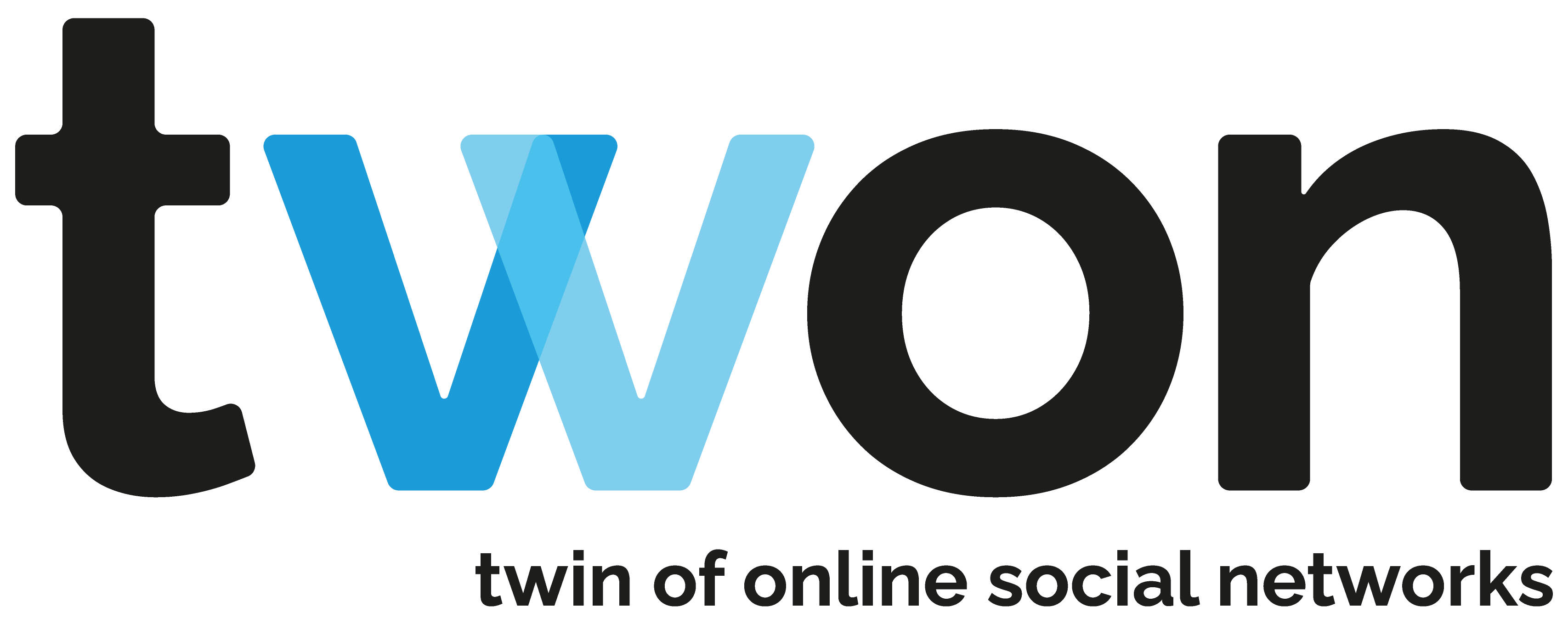SAFE AI ENGINEERING
AI engineering ensures safety of AI components for autonomous, connected driving
Start: 04/2023
End: 03/2026
Online social networks influence the dissemination of news and thus the behavior of their users through their internal mechanisms design, such as algorithmic ranking. While such decisions are often made for economic reasons, many calls for social media to moderate published content aim to minimize harmful consequences for democratic debates. Despite such calls for intervention, there is no single method for estimating the impact of changing the algorithmic parameters of a social network. In particular, the complexity of such systems makes it difficult to translate the results of isolated experiments into an estimate of the overall impact.
The overall goal of the research project is to use a digital twin to identify the impact of social media platform mechanisms, such as content filtering or personalization, on democratic debates. On the one hand, this is intended to identify metrics that promote democracy and, on the other, to create a discussion basis that is independent of politics, civil society, and platform operators for possible regulatory measures or even design recommendations for platform operators. The key to achieving the project goal is to develop a digital twin of social network platforms that can be used to specifically simulate discussion topics and, for example, filtering and personalization mechanisms. Platform design decisions and their impact on democratic debates can thus be examined and tested. To create an authentic environment, theoretical insights into networks and Artificial Intelligence mechanisms are used.
Together with the consortium partners, the FZI is using case studies to research and evaluate the influence that platform design decisions have on the quality and nature of democratic debates in virtual space. Based on the research results, the consortium formulates proposals to legislators for better regulation of social networks and offers stakeholders, such as social media managers, support in improving their platforms. Through various participatory formats developed by the FZI, such as Citizen Labs, the consortium also aims to share and discuss the methodology and results of the TWON project with the European public. The feedback gained from the public space can be directly processed in the project.
The research focus Digital Democracy and Participation addresses inclusive, modern, and democratic forms of digital participation as well as the opportunities and challenges of digital democracy.

Horizont 2020
Project partners:
AI engineering ensures safety of AI components for autonomous, connected driving
Data trustee model protects use of individual health data in research
AI-based software detects and corrects motion artifacts in OCT images.
Thanks to the measurement of social interaction, psychological stress caused by loneliness can be detected at an earlier stage
Digital platform for dementia prevention helps address the lack of exercise
More exercise in everyday life: Self-learning real-time system recognizes behavior patterns and recommends customized activities
AI assistant serves as first point of contact for legal questions
AI engineering empowering security reasoning throughout the entire lifecycle of an AI function
Secure and self-determined digital identities in e-commerce
Co-design for application-specific microelectronics with innovative chiplets in Baden-Württemberg